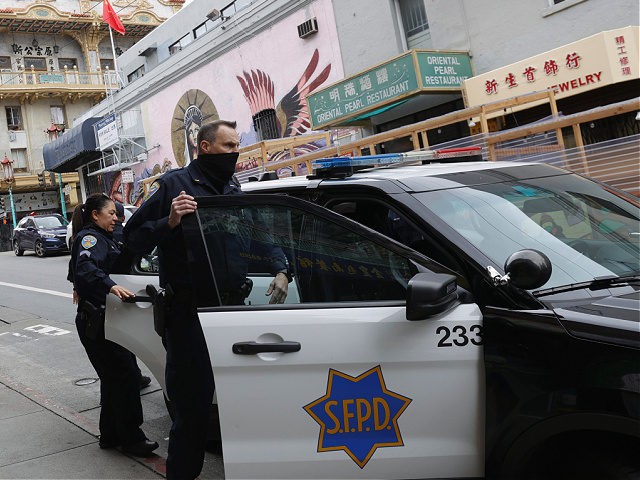San Francisco will roll out a pilot program in October that will pay “high risk” individuals not to shoot one another, Fox News reported.
The program, which is sponsored by the Dream Keeper Fellowship, will pay 10 people “who are at high risk of being on either end of a shooting” $300 per month to forego the violent crime. Notably, the Dream Keeper Initiative is part of San Francisco Mayor London Breed’s (D) plan to divert $120 million from the city’s law enforcement budget to projects aimed at helping the city’s black minority.
“These small investments can transform the lives of individuals, but they can also transform communities,” Sheryl Davis, executive director of the Human Rights Commission, told Newsweek.
In August, Mayor Breed said she believes the program will cut down on violent crime in the city, which has skyrocketed this year.
According to Fox News, there have been 119 recorded gun crime victims in the first six months of 2021, “which is double the number during the same timeframe in 2020.” In 2020, homicides rose 35 percent.
Richmond, California, reportedly instituted a similar program, which the media called “cash for criminals.” A 2019 study concluded that the program helped reduce gun homicides in the city by 55 percent, the report states.
Fox News continued:
Critics of the program have pointed out that similar initiatives haven’t been very successful, with the Washington Examiner‘s David Freddoso saying in a Wednesday op-ed, “It was also tried in Sacramento, where its promoters boast that ‘only’ 44 percent of participants were subsequently arrested on new charges — well, as long as you don’t count about one-third of the participants who dropped out or were arrested in its first six months.
California also recently decided to throw money at its drug problem by paying people to stay sober, something Gov. Gavin Newsom called “contingency management.” He asked the federal government for permission to use tax dollars to pay for it through Medicaid.
While research shows payment is effective in keeping people sober during the program, the effect doesn’t last long past six months after treatment concludes.

COMMENTS
Please let us know if you're having issues with commenting.